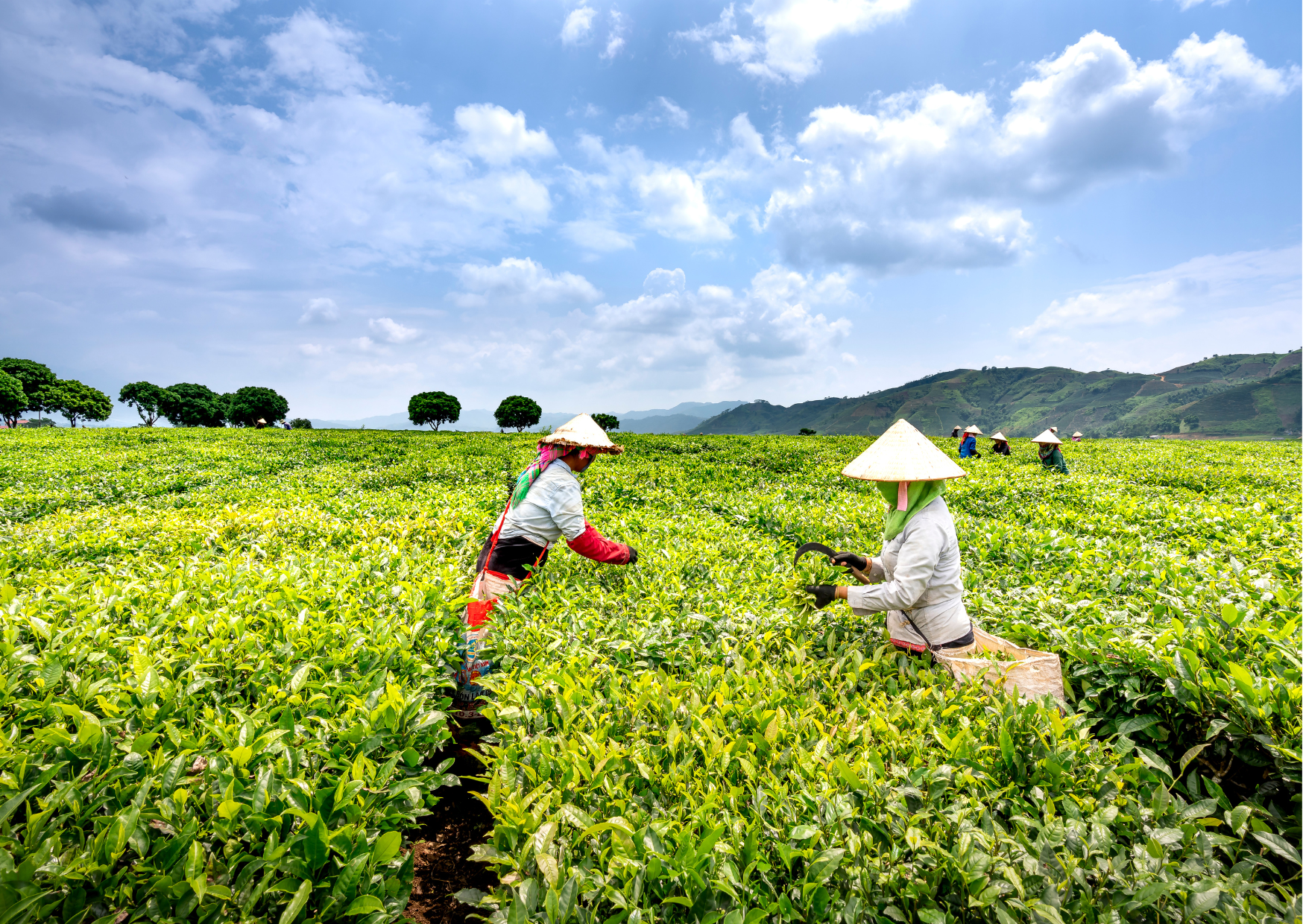Embracing Equity in Food Systems
Women everywhere, every day, should be celebrated for their significant contributions to society throughout history. The month of March, specifically on this eighth day, though, is when we come together around the world to celebrate the achievements of women and raise awareness of the inequality still imposed upon them.
Under this year's International Women's Day theme, "Embrace Equity," it is essential that amid the global food crisis and discussions of transforming the food system, we bring attention to the importance of equity for women within the food system and how it can benefit us all.
Equity in food systems is crucial because it ensures that everyone has access to safe, nutritious, and culturally appropriate food. Food is a fundamental human need, and how it is produced, distributed, and consumed can profoundly impact people's health, livelihoods, and overall well-being.
Certain groups may face significant barriers to accessing healthy and affordable food without equity in food systems, including low-income communities, people of color, indigenous communities, and rural populations. This can lead to higher rates of food insecurity, malnutrition, and diet-related diseases such as diabetes, heart disease, and obesity.
In addition, a lack of equity can perpetuate social and economic inequalities as some groups may have less access to resources and opportunities to participate in the food system as producers, distributors, or consumers. This can contribute to a cycle of poverty and exclusion that is difficult to break.
Women's equity in food systems is an important issue, as women play a critical role in food production, distribution, consumption, and service worldwide. Despite this, women often face significant barriers that limit their participation in and benefit from food systems.
Some of the critical challenges women face in food systems include limited access to land and other natural resources, limited access to markets and distribution networks, and unequal access to information, which has a negative effect on women's ability to make informed decisions about food and nutrition.
How can we promote equity in the food system?
Providing education and training opportunities for women to build their skills and knowledge in food production, marketing, and distribution
Increasing access to credit and other resources to help women start and grow their businesses
Improving women's access to land, water, and other natural resources
Promoting gender equality in the workplace, including fair wages and opportunities for advancement
Encouraging women's participation in decision-making processes related to food and agriculture
Promoting equity in food systems can have numerous benefits, such as improving public health outcomes, supporting local economies, preserving cultural food traditions, and promoting sustainable food practices.
By prioritizing equity in food systems, we can create a more just, resilient, and sustainable food system that benefits everyone. This starts with addressing these challenges and promoting women's equity in food systems.

